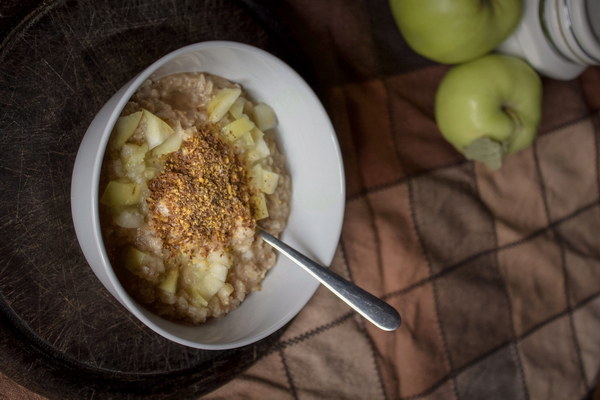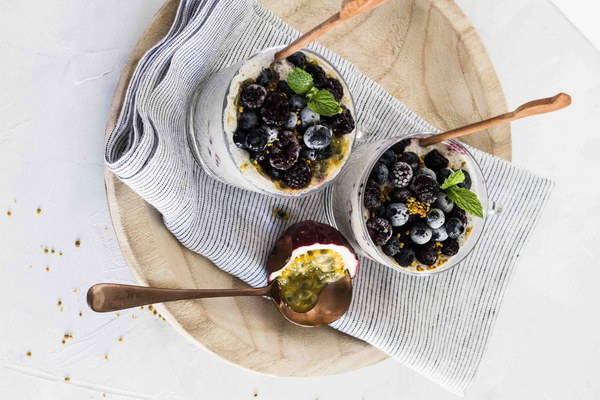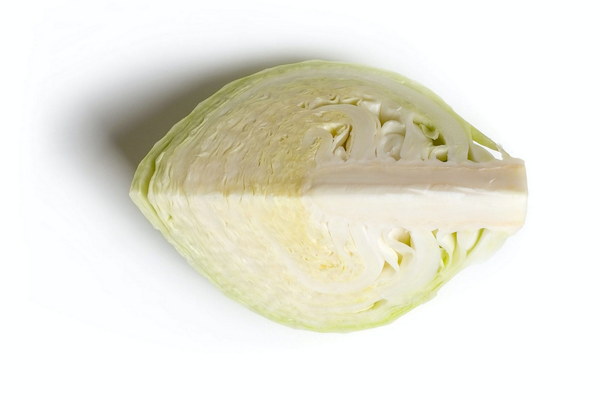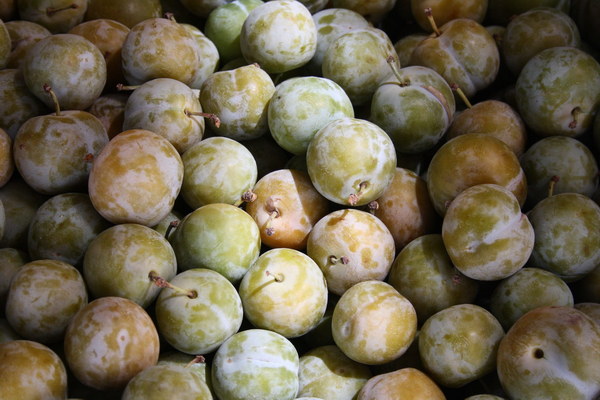Navigating the Autumn and Winter Supplements and Taboos for a Healthier You
As the seasons transition from summer to autumn and then to winter, the body often requires additional care to maintain its balance and vitality. This period, known as the Eating Season, is a time when many people turn to supplements and specific dietary practices to boost their immune system and energy levels. However, it's essential to understand the dos and don'ts of this seasonal transition. In this article, we will explore the best supplements to take during autumn and winter, as well as common taboos that can hinder your health journey.
Supplements for Autumn and Winter: A Boost for Your Body
1. Vitamin D: As the days get shorter and the sun's rays become less intense, our bodies produce less vitamin D. This essential nutrient plays a crucial role in bone health, immune function, and mood regulation. To ensure you're getting enough, consider taking a vitamin D supplement, especially if you're not spending much time outdoors.
2. Omega-3 Fatty Acids: These healthy fats are vital for heart health, brain function, and reducing inflammation. Fish oil supplements are a great source of omega-3s, particularly EPA and DHA. Incorporating these into your diet can help you stay warm and healthy during the colder months.

3. Zinc: This mineral is essential for a robust immune system and wound healing. It's also believed to play a role in reducing the severity of cold symptoms. Adding a zinc supplement to your daily routine may help you fight off those pesky fall and winter bugs.
4. Vitamin C: While it's not a supplement that can replace a healthy diet, vitamin C is a powerful antioxidant that can help boost your immune system. Citrus fruits, bell peppers, and strawberries are all excellent sources of this vitamin. If you're struggling to get enough, consider a vitamin C supplement.
5. Iron: Iron deficiency is common during the colder months, especially for women. This mineral is crucial for energy production and oxygen transport. Adding iron-rich foods like lean meat, beans, and fortified cereals to your diet, or taking an iron supplement, can help you maintain your energy levels.
Taboos to Avoid During Autumn and Winter
1. Overindulging in Caffeine: While caffeine can be a helpful energy boost, excessive consumption can lead to dehydration and other health issues. Try to limit your caffeine intake, especially if you're already experiencing cold symptoms.
2. Skipping Breakfast: Skipping breakfast is a common mistake, especially during the colder months when it's tempting to hit the snooze button one more time. However, eating a healthy breakfast can provide the energy you need to start your day and make better food choices throughout the day.
3. Consuming Too Many Sugary Foods: While it's tempting to indulge in comfort foods, excessive sugar consumption can weaken your immune system and lead to energy crashes. Try to limit your intake of sugary foods and opt for healthier alternatives, such as fruits, nuts, and whole grains.
4. Ignoring Hydration: It's essential to stay hydrated, even during the colder months. Cold weather can cause you to drink less water, but dehydration can still occur. Aim to drink at least eight glasses of water daily and incorporate hydrating foods, like water-rich fruits and vegetables, into your diet.
5. Not Getting Enough Sleep: Sleep is crucial for overall health, especially during the fall and winter months. Ensure you're getting enough quality sleep to support your immune system and energy levels.
In conclusion, autumn and winter are seasons that require special attention to your health. By incorporating the right supplements and avoiding common taboos, you can maintain your health and vitality throughout the year. Remember to consult with a healthcare professional before starting any new supplement regimen and to make adjustments to your diet and lifestyle as needed.









